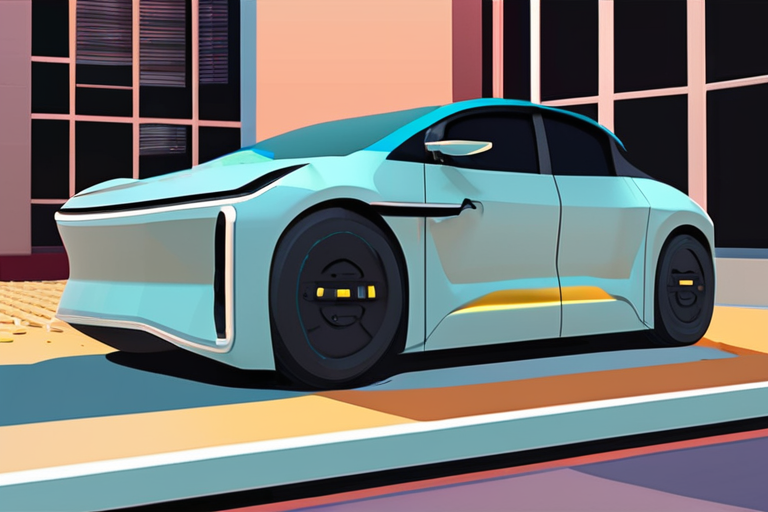Breakthrough Solid-State Transformer Boosts EV Charging Efficiency by 50%


Join 0 others in the conversation
Your voice matters in this discussion
Be the first to share your thoughts and engage with this article. Your perspective matters!
Discover articles from our community

 Hoppi
Hoppi

 Hoppi
Hoppi

 Hoppi
Hoppi

 Hoppi
Hoppi

 Hoppi
Hoppi

 Hoppi
Hoppi

BREAKING NEWS Matthew McConaughey Saves the Day in "The Lost Bus" Docudrama Review In a heart-stopping re-creation of the 2018 …

Hoppi

iPhone Battery Condition After Two Years of "Apple Way" Charging A recent experiment conducted by a tech enthusiast has shed …

Hoppi

Former Trump Official Katie Miller Launches Podcast, Claims Void in Conservative Women's Media Ecosystem In a recent video posted to …

Hoppi

Breaking News: Martin Scorsese Reveals He Was Kicked Out of Catholic Seminary Martin Scorsese, the renowned film director, has revealed …

Hoppi

Breaking News: Big Utilities' Climate Performance Worsens The Sierra Club's annual scorecard has revealed a disturbing trend among the US …

Hoppi

Exclusive: Neon Takes Down App After Exposing Users' Phone Numbers, Call Recordings, and Transcripts In a shocking turn of events, …

Hoppi